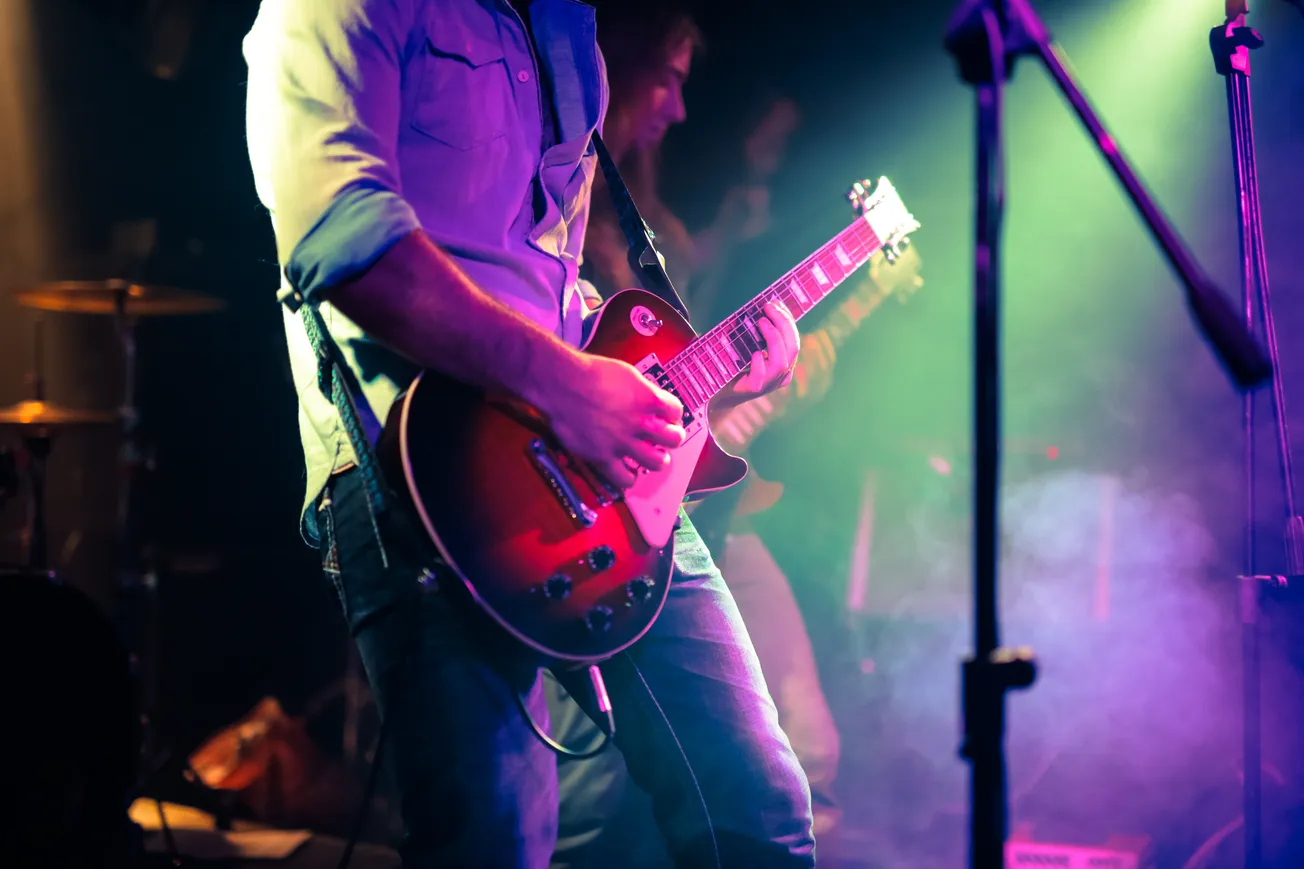As the podcasting industry continues to grow, one question frequently emerges from content creators: Can I legally use commercial music—songs by major artists like AC/DC or The Beatles—in my podcast?
The simple answer is no, unless you have the proper licenses. This may come as a disappointment to many podcasters hoping to enhance their content with well-known music, but the legalities surrounding music use in podcasts are complex and costly.
For podcasters who want to avoid the pitfalls of copyright infringement, it’s essential to follow some basic best practices. First and foremost, always secure written permission if negotiating directly with artists or record labels. Additionally, using platforms that provide blanket licenses simplifies the process, as these services handle the legalities on behalf of the podcaster.
Podcasters should also be aware that licenses are often region-specific, meaning a license obtained in one country may not apply worldwide. This can create complications for podcasters with international audiences, so it’s essential to check the terms carefully before proceeding.
Commercial music is protected by copyright law, and this protection extends to any public use, including podcasts. While many believe that using music in a non-commercial podcast might bypass these laws, the reality is that any use of copyrighted music—whether or not the podcast makes money—requires permission from the music's rights holders.
There are multiple rights involved when using a song: the rights to the recording, held by the record company; the rights to the song's composition, usually held by the songwriter or music publisher; and mechanical and synchronization rights, which allow for reproduction and pairing music with other content, like audio in a podcast.
One of the most common misconceptions about using music in podcasts is the belief that short clips or music used for commentary or critique falls under “fair use,” a legal principle that allows limited use of copyrighted material without permission in certain cases. However, fair use is not a blanket rule and is subject to interpretation on a case-by-case basis, often requiring a legal defense in court.
The risks of using commercial music without the necessary permissions can be significant. Podcasters have faced threats of legal action from the Recording Industry Association of America, which represents major record labels. In 2020, several podcasters reported receiving cease-and-desist letters for using music without a license.
The repercussions don’t stop there. Platforms like Spotify have removed entire podcasts for using unauthorized music, often without warning. One podcaster reported losing his entire listener base on Spotify after the platform discovered unlicensed music in his show, even though the podcast had obtained some permissions from the artist. Spotify, however, follows its own stringent licensing rules, which often differ from individual agreements.
Given the complexities and potential risks, many podcasters have turned to alternative solutions that offer music legally and affordably.
Royalty-free music offers a legal way to use music in podcasts without going through the complex licensing process. Services like Epidemic Sound, Artlist, and Bensound offer vast libraries of music that can be used for a subscription fee or a one-time payment. Podcasters can easily integrate these tracks into their shows without fear of legal repercussions.
Music in the public domain, typically composed before 1923, can be used freely. While the range of available public domain music is limited and often consists of older classical compositions, it remains a useful resource. Websites like Musopen and the IMSLP Petrucci Music Library offer a wide selection of public domain music that podcasters can legally download and use.
Another approach is to work directly with independent artists who are more likely to grant permission for their music to be used in podcasts.
In 2020, Spotify introduced Shows with Music, which allows podcasters to incorporate full songs into their shows—under certain conditions. However, these podcasts can only be heard on Spotify, and only Spotify Premium users can hear the songs in full. While this option provides legal access to commercial music, it comes with limitations on where and how the podcast can be distributed.
Many podcasters opt to use free music libraries that offer high-quality music with clear licensing terms. Popular sources like the YouTube Audio Library, Freesound, and Incompetech allow podcasters to download music for free, often requiring only attribution to the original artist. While these libraries offer a range of styles and genres, podcasters should read the licensing agreements carefully, as some tracks may still have restrictions on commercial use.









